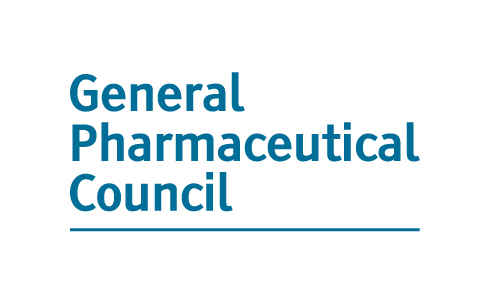PGD access will be critical to the success of community pharmacies in 2024
)
PGDs have long offered community pharmacies a route to increased income through providing expanded services. However, innovation in this space can support PGD integration and management, and altogether improve operational efficiency. The digitisation of PGDs will cut down on time-consuming administrative tasks, and reduce the numerous log-ins required and places where patient information is stored.
With many community pharmacies facing an annual shortfall in funding of more than £67,000 per pharmacy and in need of more revenue, it is innovations such as premise-wide PGDs that will provide them with the necessary support and long-term sustainability.
PGD reform brings new opportunity
Policy updates are bringing significant change to PGDs. As of June 26, pharmacy technicians are now on the list of registered healthcare professionals who can use PGDs, allowing their skills to be utilised in administering ‘frontline services’ such as vaccinations.
These changes to PGDs will benefit community pharmacies in a number of ways. Having pharmacy technicians now able to support pharmacists in administering PGDs will help staff adjust to the demands of Pharmacy First, and ease pressure on other healthcare services such as GPs and hospitals. As the NHS waiting list currently stands at over 7.5 million, these reforms to PGDs will help community pharmacies play their part in clearing this backlog.
Also, the wider range of services that community pharmacies can offer to patients will make preventative care more accessible and convenient, and attract more patients. With international travel expected to rebound and surpass pre-pandemic levels in 2024, demand for travel healthcare means the average UK community pharmacy is, according to Charac, expected to generate £46,800 a year through travel health services alone.
If the sector is to benefit from the operational efficiencies and new revenue streams offered by these changes to PGDs, then technological adoption and innovation are critical.
A digital premise-wide PGD
At Charac, we are putting ourselves at the forefront of this effort with our new partnership with ECG – an accredited PGD training supplier. Together, we have delivered the first end-to-end private PGD solution for community pharmacies.
This solution will radically simplify PGD access for community pharmacies. For one, it is a premise-wide PGD, covering an entire pharmacy and its staff. Pharmacies will no longer have to navigate a complex process of managing different PGDs for different types of staff or procedures; this will instead be unified under one accessible scheme. This will significantly reduce costs and administrative work for community pharmacies, and speed up the onboarding process – making it easier for pharmacy staff to carry out new primary care responsibilities under Pharmacy First.
This partnership will also digitise PGDs, bringing further efficiencies through an integrated platform. For instance, community pharmacies will be able to use this platform to receive PGD training, store PGDs digitally, and book and conduct virtual consultations for PGD-enabled private services – saving time for pharmacy professionals by automatically creating online records, and greatly expanding their customer base by offering more services for patients.
Upgrading efficiency to sustain pharmacies
Digitisation will further simplify and speed up PGD training. Pharmacists and technicians will be able to have the needed training modules for PGDs at their fingertips, making the accreditation process faster and more efficient.
Regulatory compliance will also be made much easier with PGD digitisation. Thorough documentation for patients will be more important than ever to pharmacies as they take on new primary care responsibilities, given the increased scope for legal liability. Digitisation will allow PGD records to be signed and stored online, simplifying the documentation process for community pharmacies and cutting down on administrative tasks.
Reform to PGDs is a necessary part of helping pharmacies adjust to their new place on the frontlines of primary care – allowing them to generate revenue, give new duties to pharmacy technicians, and make critical operational efficiencies to cut costs and free up time. Under these circumstances, innovation and digitisation of PGDs will do much to support community pharmacies in this regard.


)
)
)
)
)
)
)
)
)
)
)
)
)
)
)
)
)
)

.png/fit-in/500x500/filters:no_upscale())
)
)
)
)
)
)
)
)
)
)
)
)
)
)
)
)
)
)
)
)
)
)
)
.png/fit-in/1280x9999/filters:no_upscale())
)
)
)
)
)
